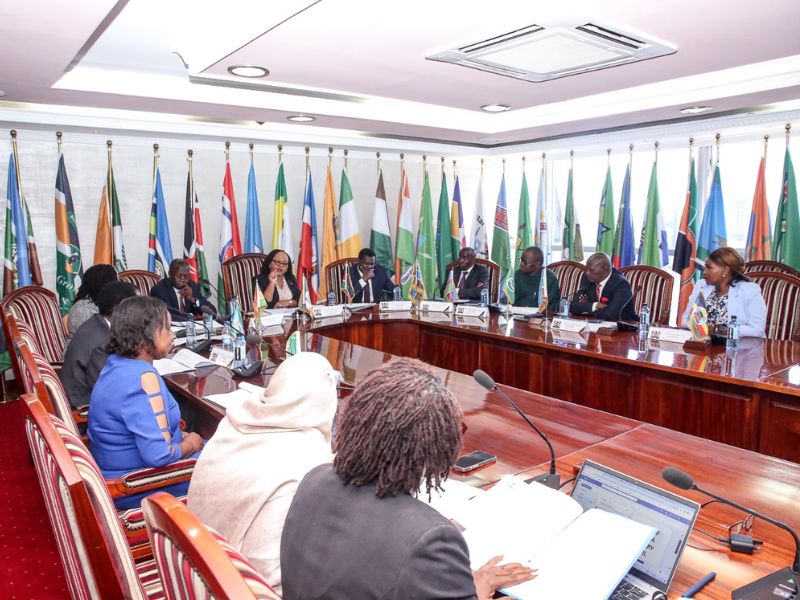Counties have three years to digitise licence systems

This shift is expected to streamline the application process, improve service delivery, and enhance revenue collection.
All counties have until the end of 2027 to fully digitise their licence application systems, a move designed to eliminate corruption and inefficiencies tied to manual processes.
The County Licensing (Uniform Procedures) Act, 2024, requires all 47 devolved units to digitise their systems within three years starting January 2025.
More To Read
- What charges Benjamin Netanyahu faces and what a pardon could mean
- EACC traces Sh22.9 billion, recovers Sh3.4 billion in fight against corruption
- Anti-Counterfeit Authority chair charged with soliciting Sh5 million bribe to shield businessman
- EACC flags organised corruption in traffic department, Police IG vows action
- Businesses to get automatic approval after 28 days under new county licensing rules
- Kenya reports decline in criminal cases, police misconduct on the rise
Under the new law, traders and property owners will apply for licences such as Single Business Permits (SBPs), property rates, and variations online.
This shift is expected to streamline the application process, improve service delivery, and enhance revenue collection.
Digital systems will also enable authorities to track illegal businesses and defaulters, boosting counties' ability to self-fund projects.
"A licensing authority shall, within three years of the commencement of this Act, put in place mechanisms to enable the electronic application for grant, renewal, transfer or replacement of a licence or a variation of a condition for the issuance of a licence," the Act states.
The law mandates counties to establish County Licensing Boards responsible for reviewing and processing applications within 28 days.
These boards will handle tasks such as granting, amending, renewing, restoring, and replacing licences.
The introduction of a uniform licensing procedure aims to provide certainty to investors by reducing delays and creating clear timelines for approval.
Currently, many traders face challenges due to manual processes, which often require physical visits to offices and expose them to corrupt practices.
Since devolution began in 2013, counties have struggled to meet their own-source revenue targets, partly due to manual systems and corruption.
For example, in the first quarter of the current financial year, counties raised Sh12.68 billion, just 14 per cent of their annual target of Sh85.22 billion.
With better revenue tracking and reduced reliance on manual processes, counties are expected to reduce their dependence on the National Treasury.
The Act also grants counties authority to charge various permit fees for parking, liquor licenses, advertising, and public health, among others.
By digitising licence applications, counties aim to improve transparency, increase revenue collection, and create a more investor-friendly business environment.
Top Stories Today
















































